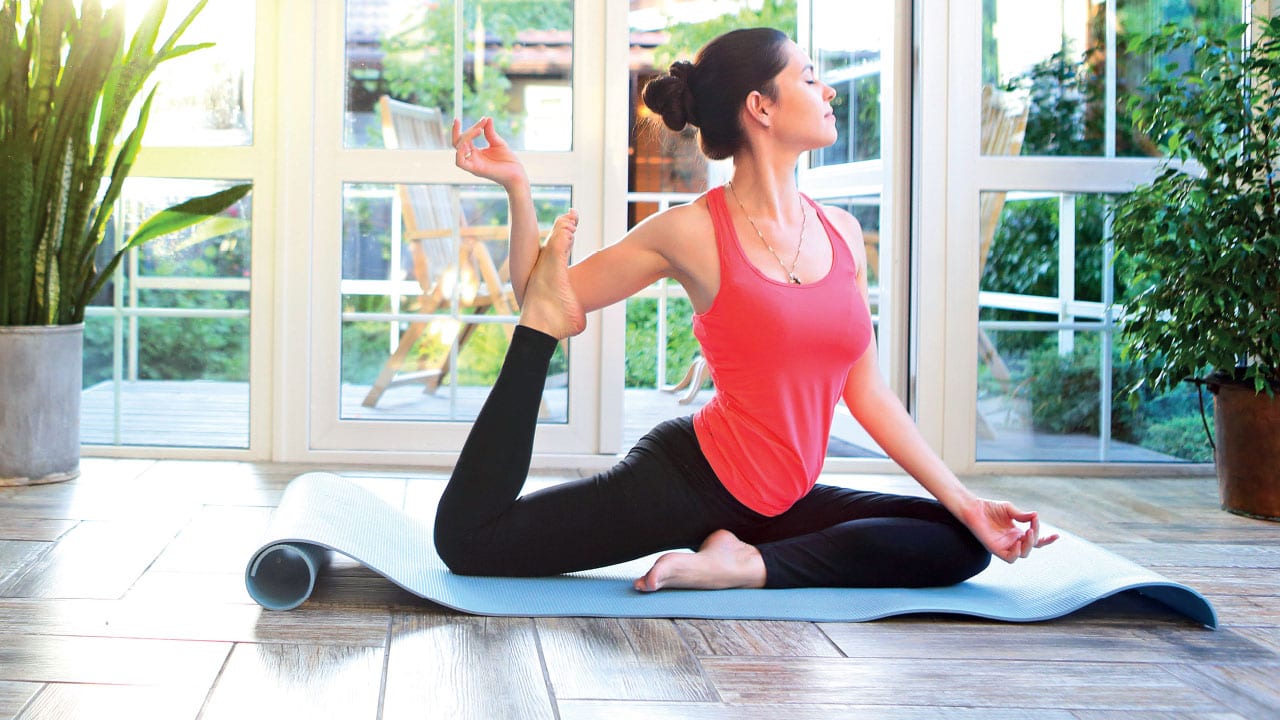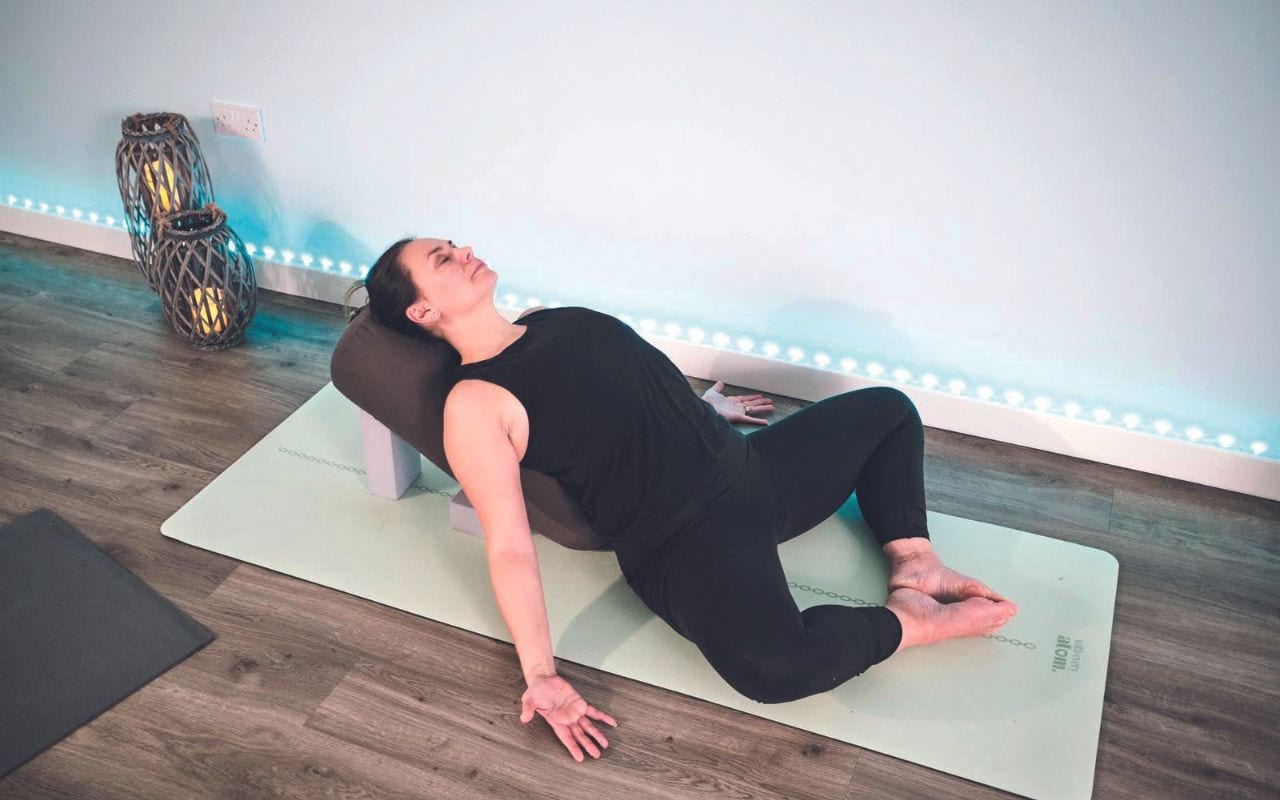
What is a yoga practice?
Kelsey Taylor outlines the basic building blocks of a simple yoga practice
Reading time: 2 minutes
Yoga dates back thousands of years and, traditionally, the act of performing yoga is referred to as a ‘yoga practice’.
Yoga practices come in many forms, the more commonly known ones are asana (poses of the physical body), pranayama (vital energy control using breathing techniques) and dhyana (meditation, to support quietening and focusing the mind), but there are many more you may wish to explore. Each practice has different benefits to the mind and body; they may be practiced alone, but they also are often practiced together.
It is important to understand that the term ‘practice’ is not used in reference to ‘practice makes perfect’. We are not looking
to perfect a pose or breathing technique and then practice it in the same way forever, as this would become repetitive; it is rather an opportunity for self-improvement through exploration, growth, and acceptance.
Developing a strong practice takes time and commitment and although yoga is often taught in a group environment the practice of yoga is a very personal experience. To allow your own practice to develop consider the following:
Physical practices
These are often the practices that many people experience first. They are performed with the intention to strengthen and stretch the physical body so that it is strong and healthy enough to enhance other practices such as sitting in meditation. Everyone’s mind and body are different: therefore, your practice will look and feel very different to the person sitting next to you during practice.
Non-judgement and self-acceptance
You should not compare your practice to anyone else nor should you have expectations of what each practice will bring. Each practice is a unique experience of its own; you may find a practice easy one week but struggle the next. You will always encounter struggles, distractions, and discomfort, so it is not realistic to think you are capable of improvement every single practice.
You are forever a student
Your yoga practice will continue to evolve as you change and grow, it is a continuous loop of learning, practicing, improving, and learning some more. Initially, as you learn, you watch and listen to your teachers intensively, trying to follow their guidance as they lead you through the practice; your mind is alert as new information is received and you may struggle to hold the pose or to control the breath as you listen and react.
Over time you will start to notice small improvements, maybe you are able to balance with less of a wobble, inhale, and exhale more deeply, or keep your focus for longer without the mind becoming busy or distracted.
Each practice brings familiarity and confidence; there is an inner knowledge and comfort as we improve. You may also outgrow a practice in the search for a deeper connection to yourself or need a new teacher to learn other techniques from.
Kelsey Taylor is a senior yoga teacher and teacher trainer based in Staffordshire. She runs courses and training on women's hormonal health and wellness. Find out more at: flowwomenswellness.com





